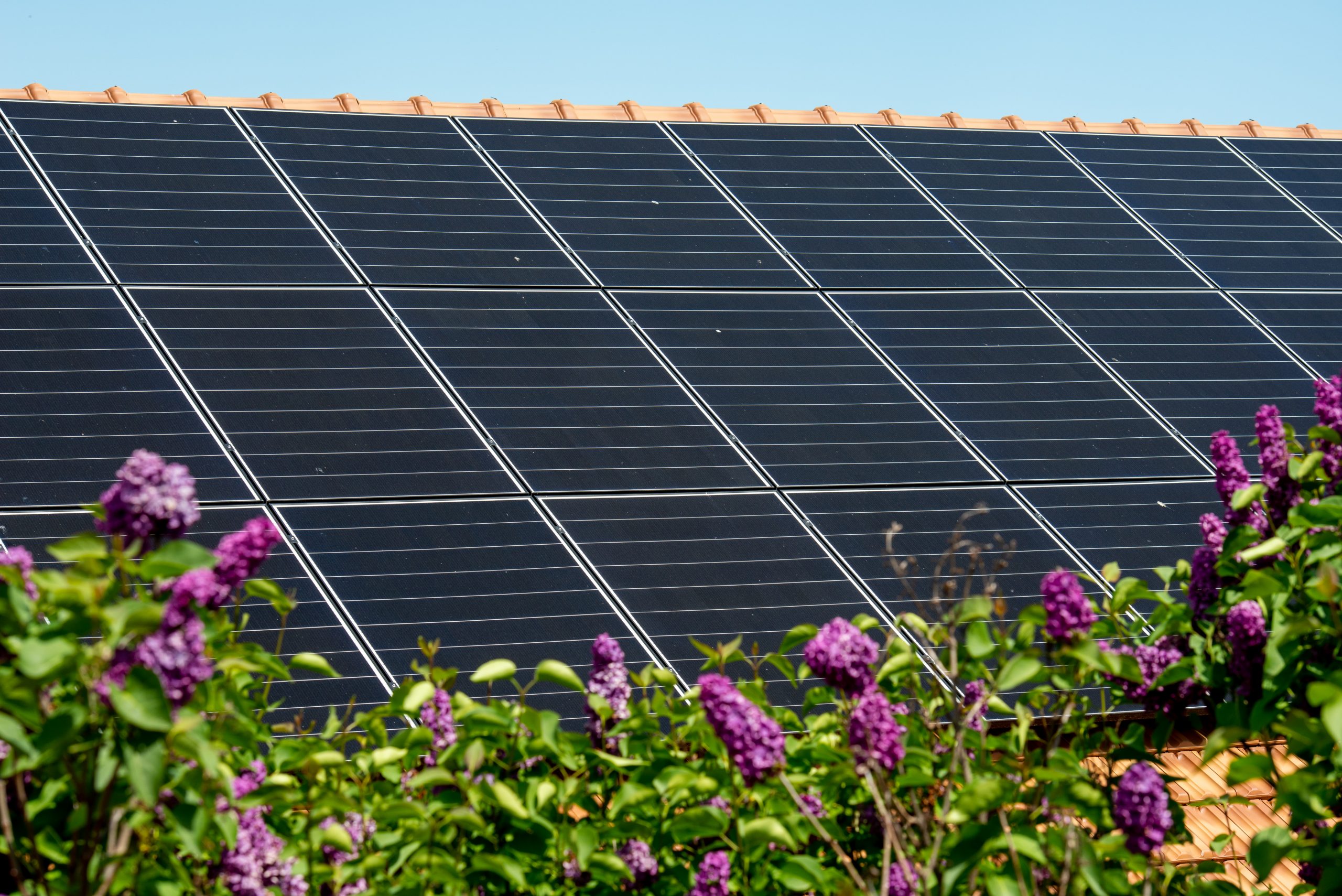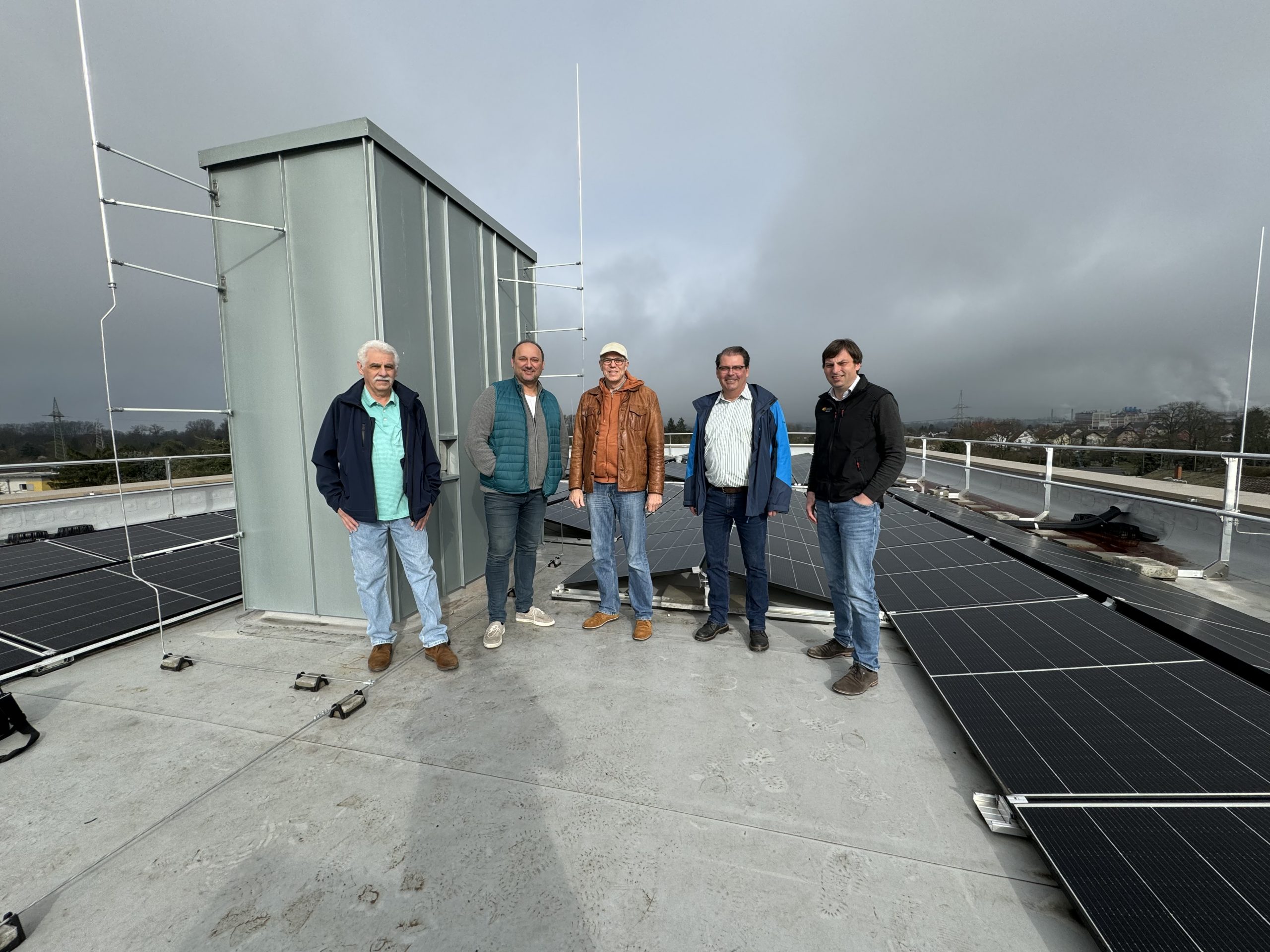Reuters: „Old green power plants seek to regenerate as Germany turns off subsidies“
„Together with thousands of other pioneer investors, Haas is considering whether he can continue his micro-generation without the subsidy scheme that helped to give Germany the highest level of installed renewable capacity in Europe.
After the scheme begins to wind down at the start of next year, Germany in the worst case scenario would lose wind and solar energy equivalent to four nuclear power plants in 2021 alone, industry figures show. For now, it is unclear how any gap will be filled.
Lobby groups on all sides are bickering as Berlin thrashes out an updated version of its renewable energy law. The government will discuss the latest draft on Wednesday.
The legislation is needed because when policymakers limited German subsidies to 20 years in 2000, the country had yet to decide on its Energiewende – or shift from coal and nuclear power to renewable energy.
Haas, 62, began his career in renewable generation before the government’s big policy change. The Chernobyl nuclear disaster in 1986 prompted him to leave his job in industry and he set up a renewable project company GEDEA-Ingelheim in Ingelheim, west of Frankfurt.
Once they became law, Haas benefited from the subsidies, known as feed-in tariffs, for selling renewable energy to the grid at about 50 cents per kilowatt hour.
Without them, he faces earning no more than the wholesale power price of around of 2-4 cents.
Protecting the environment was central, Haas said, and he hoped to continue operating his micro generation but it may cease to be economic if at any stage he faces a major repair bill.
“In that case the financial burden would become too great, meaning that in the current regulatory framework continuing to operate it likely won’t pay off,” he said.
Like other asset owners, he would have to decide whether to sell, upgrade or dismantle his generation capacity should Berlin fail to create a regulatory environment that makes it economic.
In 2021, around 6,000 wind turbines with a capacity of about 4.5 gigawatts (GW) – enough to power 2.1 million households – will lose subsidy status. In addition, 18,000 solar plants, producing 75 megawatts, receive subsidies, industry figures show. (…)“





